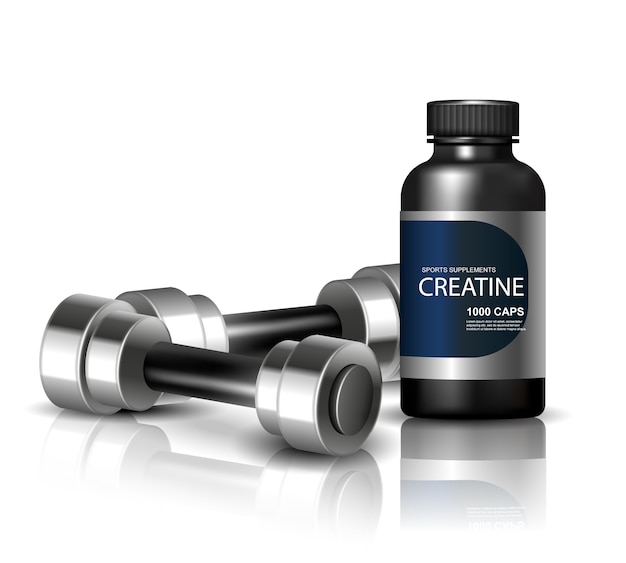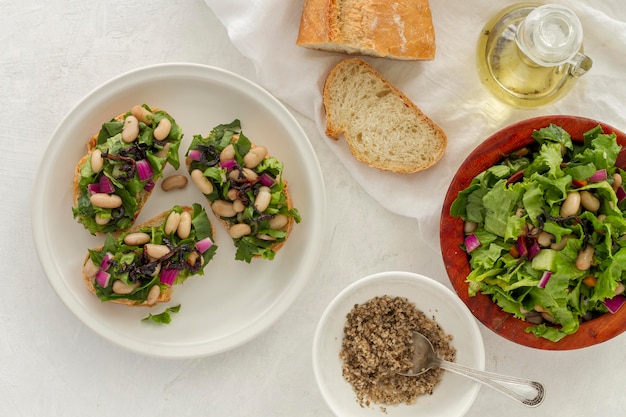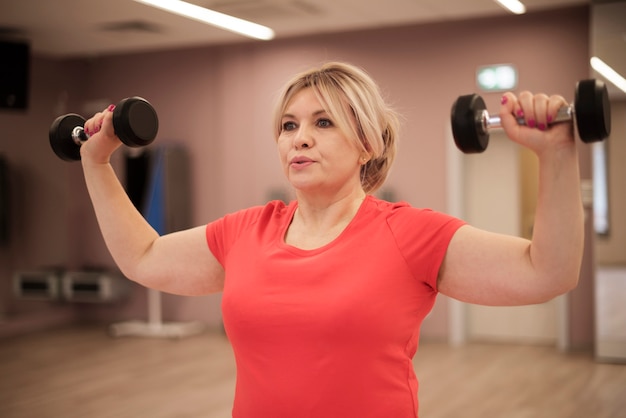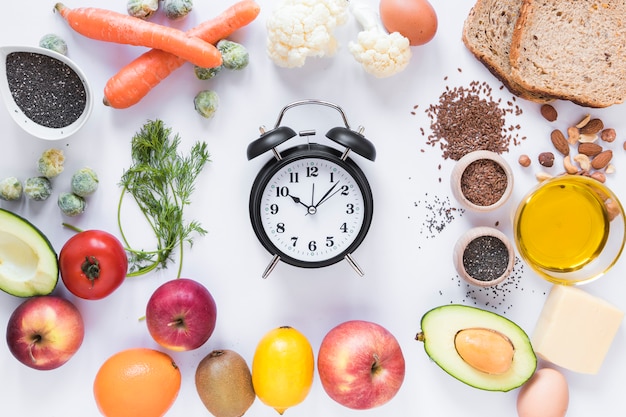Muscle-Building Weekly Meal Prep for Seniors: A Step-by-Step Guide to Strength, Recovery & Independence
As we age, maintaining muscle mass becomes more than just a fitness goal—it’s essential for mobility, balance, and overall health. For seniors in rehabilitation or physical therapy, proper nutrition is a cornerstone of recovery and long-term strength. Weekly meal prep tailored for muscle growth can empower older adults to take control of their health, support healing, and boost energy levels—all with practical, time-saving strategies.
Why Meal Prep Matters for Muscle Growth in Seniors
After 50, the body naturally begins to lose muscle—a condition known as sarcopenia. Without intervention, this can lead to weakness, falls, and reduced independence. However, research shows that combining resistance training with adequate protein intake can slow, and even reverse, muscle loss.
Weekly meal prep ensures you consistently consume the nutrients needed for muscle repair and growth. It removes the daily stress of cooking, supports portion control, and helps maintain dietary consistency—especially important during rehab when energy demands are higher.

The Progressive Blueprint: 4-Week Meal Prep Strategy
Start simple and build momentum. This progressive plan grows with your confidence and nutritional needs.
Week 1: Foundation & Familiarity
- Prepare 3 core meals: breakfast, lunch, and a recovery snack.
- Focus on soft, easy-to-chew proteins: scrambled eggs, Greek yogurt, canned tuna, and ground turkey.
- Use pre-cut vegetables or frozen options to reduce prep time.
- Portion into reusable containers for 3–4 days at a time.
Week 2: Increase Protein & Variety
- Add one additional meal (e.g., dinner) with lean chicken, tofu, or lentils.
- Include one serving of whole grains (oats, quinoa, brown rice) per day.
- Introduce a post-physical therapy snack with protein and carbs (e.g., banana with peanut butter).
Week 3: Optimize Timing & Texture
- Align meals with therapy sessions—eat a small protein-carb combo 1–2 hours before and after.
- Adjust food textures: puree soups, steam vegetables well, or use protein shakes if chewing is difficult.
- Label containers with days and times (e.g., "Tuesday Lunch").
Week 4: Full Weekly Cycle & Tracking
- Prepare all 7 breakfasts, lunches, and dinners.
- Include 2–3 healthy snacks per day (nuts, cottage cheese, fruit).
- Begin tracking food intake and energy levels.
Key Nutrients for Muscle Growth & Recovery
Focus on these essentials in your meal prep:
- Protein: 1.0–1.2g per kg of body weight daily. Include eggs, fish, poultry, beans, and dairy.
- Leucine: An amino acid that triggers muscle synthesis. Found in cheese, soy, beef, and pumpkin seeds.
- Fiber: Supports digestion and satiety. Use oats, apples, carrots, and lentils.
- Healthy Fats: Olive oil, avocado, and nuts support joint health and hormone balance.
- Vitamin D & Calcium: Crucial for bone and muscle function. Include fortified milk, fatty fish, and leafy greens.
Tracking Progress: Simple Tools for Success
Tracking keeps you motivated and helps identify what’s working. Try these senior-friendly methods:
- Meal Journal: Use a notebook or app to log meals, energy, and mood.
- Weekly Check-Ins: Note how clothes fit, walking ease, or therapy performance.
- Progress Photos: Take front/side photos every 2 weeks to visually track changes.
- Strength Markers: Track simple wins—e.g., "Walked 10 minutes longer," "Used heavier therapy band. "

Motivation Cues to Stay on Track
Consistency is key. Use these cues to stay inspired:
- Set a Routine: Prep meals every Sunday morning with calming music or a podcast.
- Use Visual Reminders: Place a sticky note on the fridge: "Stronger Every Bite. "
- Involve a Buddy: Share recipes or prep together with a friend or family member.
- Celebrate Small Wins: Reward consistency—not perfection—with a favorite tea or new cookbook.
Final Thoughts
Weekly meal prep isn’t about perfection—it’s about progress. For seniors in rehab or physical therapy, nourishing the body with consistent, protein-rich meals is a powerful act of self-care. By following this progressive blueprint, using simple tracking tools, and staying motivated with positive cues, you can build strength, support recovery, and enjoy greater independence.
Start small, stay consistent, and celebrate every step forward.















